Throughout history, we’ve faced crises of all kinds—social, economic, political, and environmental. Sometimes, it feels like the challenges we’re dealing with today are completely new, but in reality, many of these situations have played out before. By looking back at the past, we can see important lessons that still matter now.
From devastating plagues to massive financial crashes, the echoes of those events remind us of what can happen if we don’t pay attention. History is both a warning and a guide, showing us how these past disasters shaped the world we live in today. Here are 15 chilling historical events that mirror the crises we’re facing right now.
1. The Black Death and Modern Pandemics
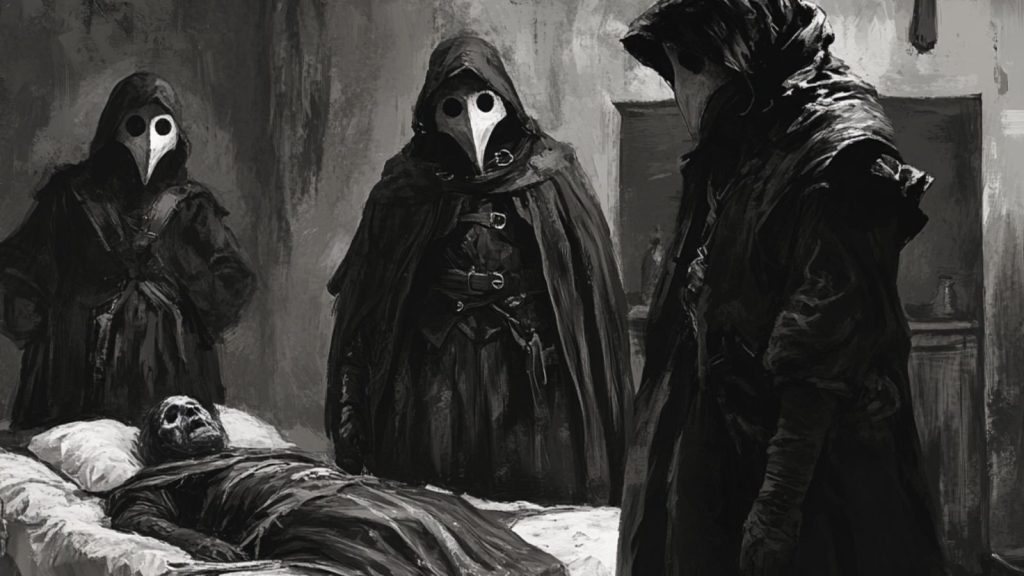
In the mid-14th century, the Black Death killed between 75 and 200 million people across Europe, Asia, and Africa. The plague’s rapid spread and high mortality rate are terrifyingly similar to modern pandemics, like COVID-19. Both were worsened by global travel and insufficient health infrastructure. Lessons from the Black Death include the importance of quarantine and improved sanitation, themes that echo in today’s public health responses.
2. The Dust Bowl and Climate Change
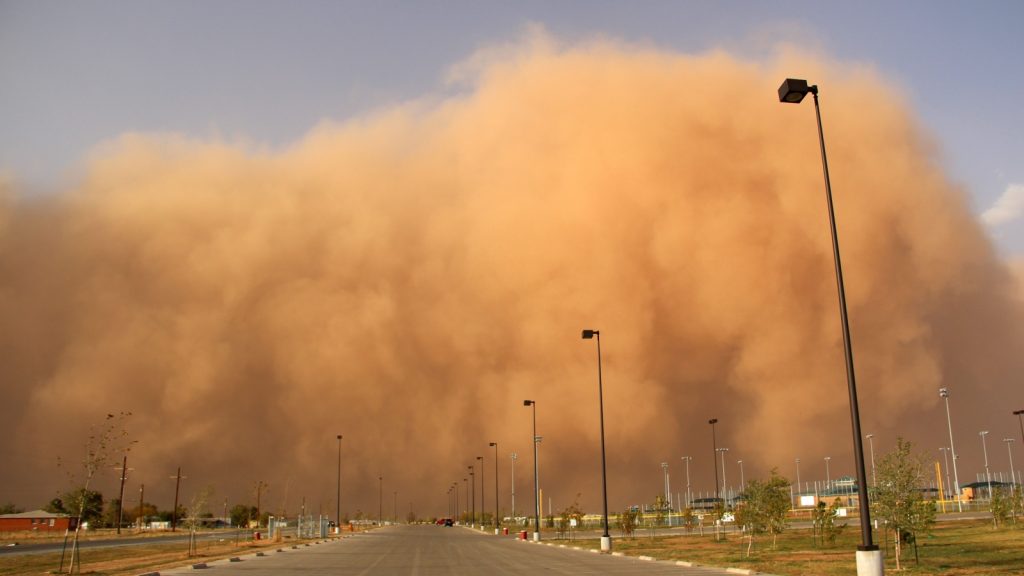
During the 1930s, the American Midwest was devastated by the Dust Bowl, a series of severe dust storms caused by drought and poor farming practices. The result was environmental degradation, economic ruin, and mass migration. This echoes the current crisis of climate change, where extreme weather and unsustainable agricultural practices are forcing communities to adapt or flee.
3. The Fall of Rome and Political Instability
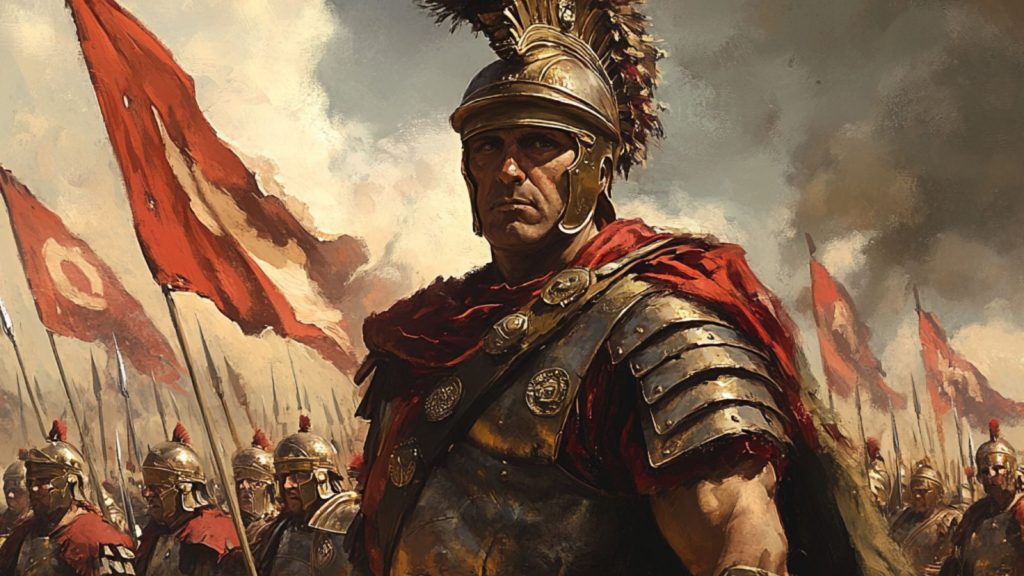
The Roman Empire, one of the most powerful in history, collapsed in 476 AD due to a combination of internal strife, corruption, and invasions by external forces. Today, rising political instability in various parts of the world, fueled by corruption, polarization, and external pressures, reminds us of the vulnerability of even the mightiest powers.
4. The Great Depression and Economic Recessions
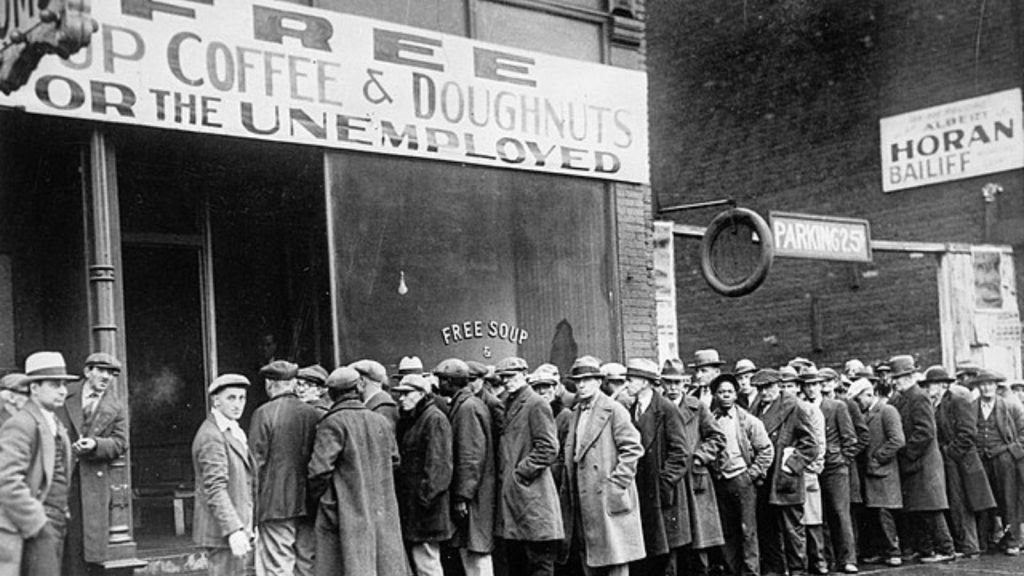
The 1929 stock market crash sparked the Great Depression, a global economic downturn that left millions unemployed. Modern economic recessions, such as the 2008 financial crisis, bear stark similarities. In both cases, over-speculation, risky financial practices, and poor regulation led to economic disaster. Today’s economic systems still grapple with the lessons of the past.
5. Spanish Flu and Global Health Crises
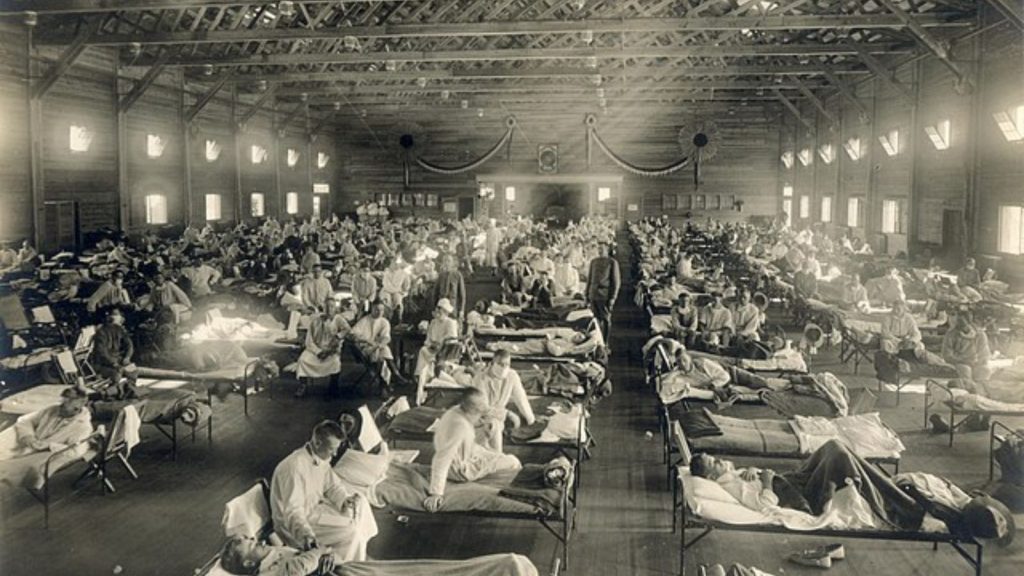
The Spanish Flu of 1918 killed an estimated 50 million people worldwide in less than two years. Much like COVID-19, the flu’s rapid spread was exacerbated by global travel and unprepared healthcare systems. The historical lessons of social distancing, public health campaigns, and vaccination are as relevant now as they were a century ago.
6. The Cold War and Modern Cybersecurity Threats
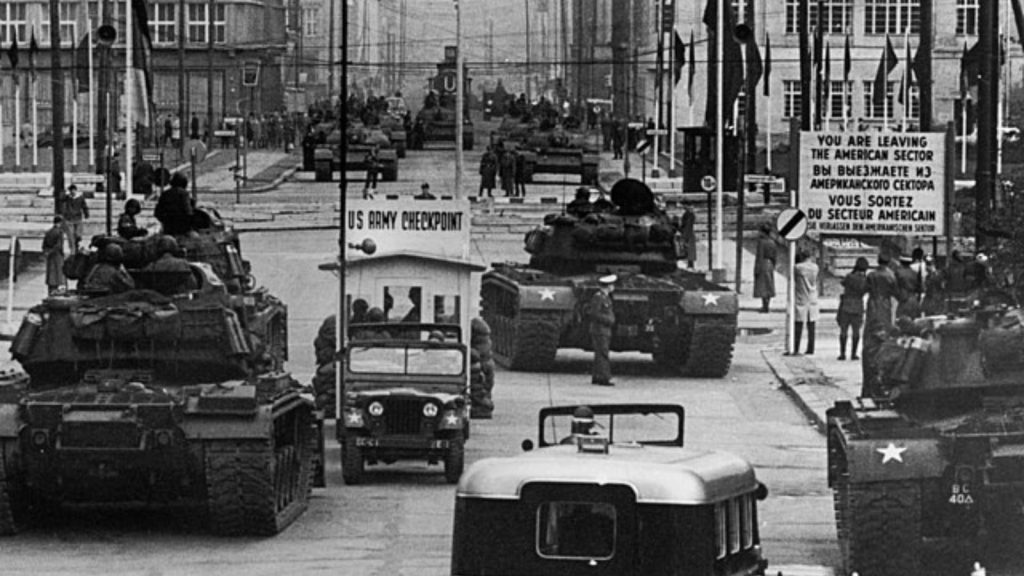
During the Cold War, the constant threat of nuclear war kept the world on edge. Today, that sense of insecurity has shifted to cybersecurity, where state-sponsored hacking, misinformation, and the race for technological dominance mirror the tense rivalry between the U.S. and the Soviet Union. Both eras highlight how technological advancements create new battlegrounds.
7. The French Revolution and Social Inequality
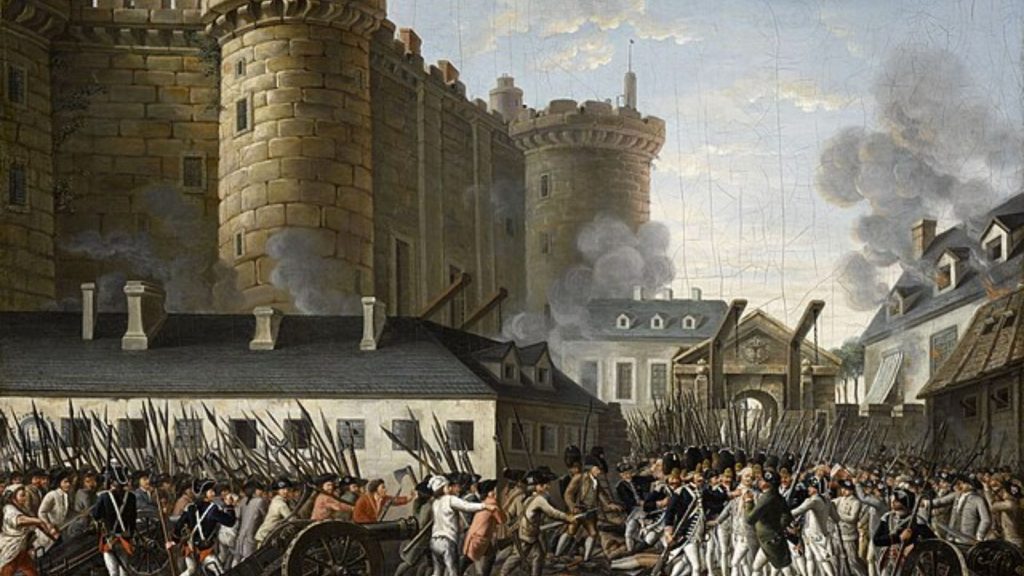
The French Revolution, which began in 1789, was driven by extreme social inequality, economic hardship, and the concentration of wealth in the hands of a few. Today, growing wealth gaps and rising discontent among working-class populations worldwide remind us of how inequality can lead to social upheaval if left unchecked.
8. The Watergate Scandal and Political Corruption
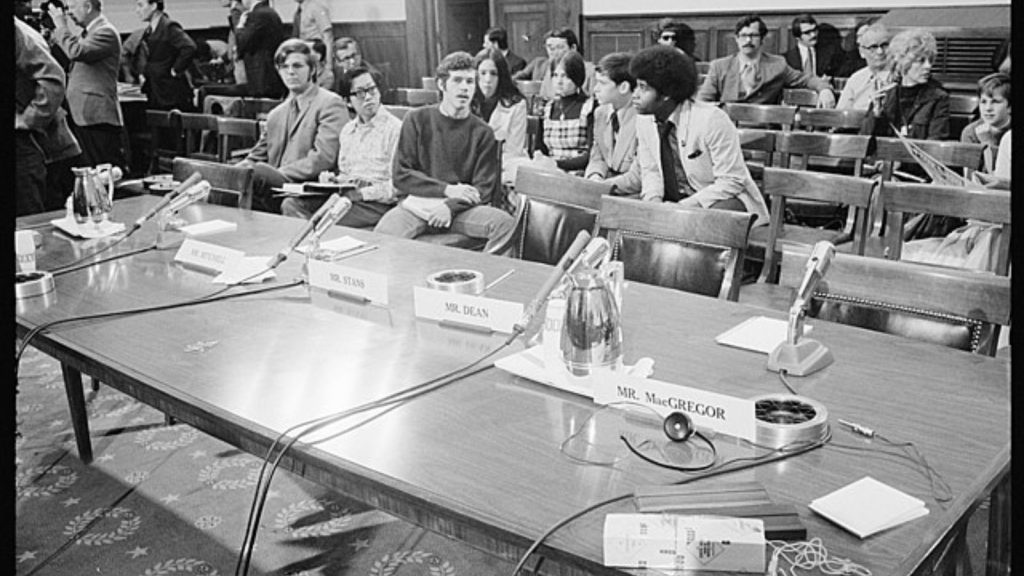
In the 1970s, the Watergate scandal shook the United States, revealing deep corruption at the highest levels of government. This led to widespread distrust in political institutions, much like the political corruption and scandals we see today in many countries. Watergate serves as a stark reminder of the importance of transparency and accountability in leadership.
9. The Opium Wars and the Modern Drug Crisis
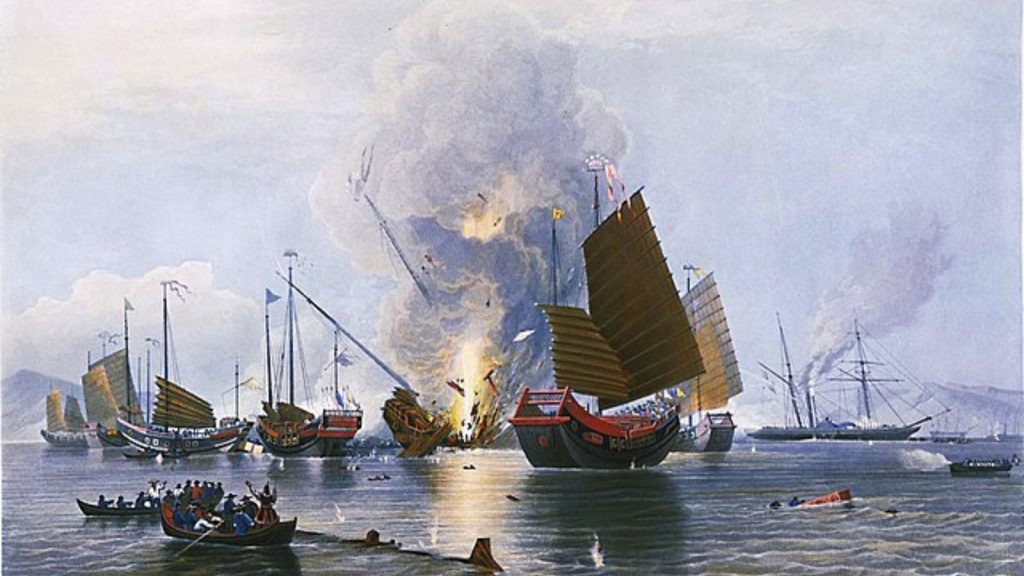
In the mid-19th century, the British Empire fought the Opium Wars with China, exploiting the addictive nature of the drug to maintain economic control. Today, the opioid crisis in many countries shows a disturbing parallel, with addiction and exploitation of vulnerable populations still serving as a tool for economic and political gain.
10. The Irish Potato Famine and Food Insecurity
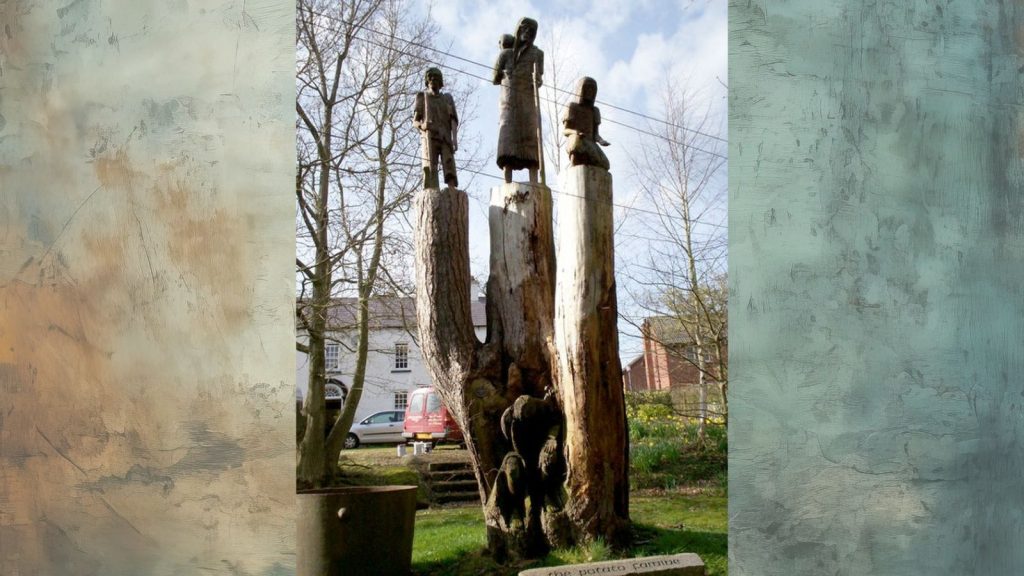
The Irish Potato Famine of the 1840s killed over a million people and forced another million to emigrate. The failure of a single crop—on which a population heavily relied—led to a national catastrophe. Today, we face similar threats as climate change, monoculture farming, and political instability create conditions where food insecurity is a growing global issue.
11. The Rwandan Genocide and Ethnic Conflicts
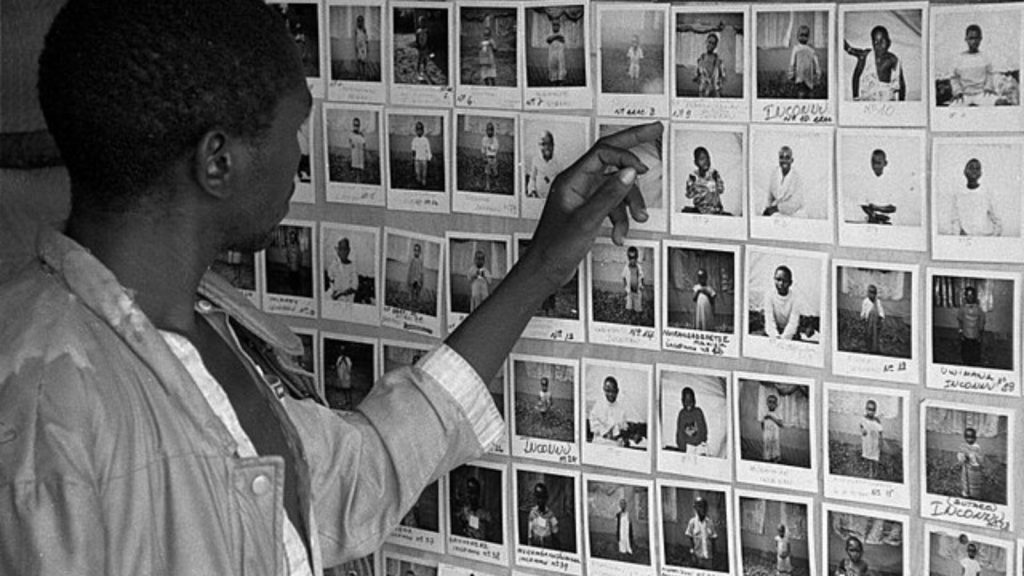
In 1994, the world watched in horror as nearly a million people were killed in the Rwandan genocide. Ethnic conflicts and mass violence, whether in Rwanda, Bosnia, or Myanmar, have roots in historical patterns of division, dehumanization, and hatred. Today, many regions still face the threat of ethnic violence, with lessons from the past urging stronger efforts toward reconciliation and peace.
12. The Chernobyl Disaster and Nuclear Accidents
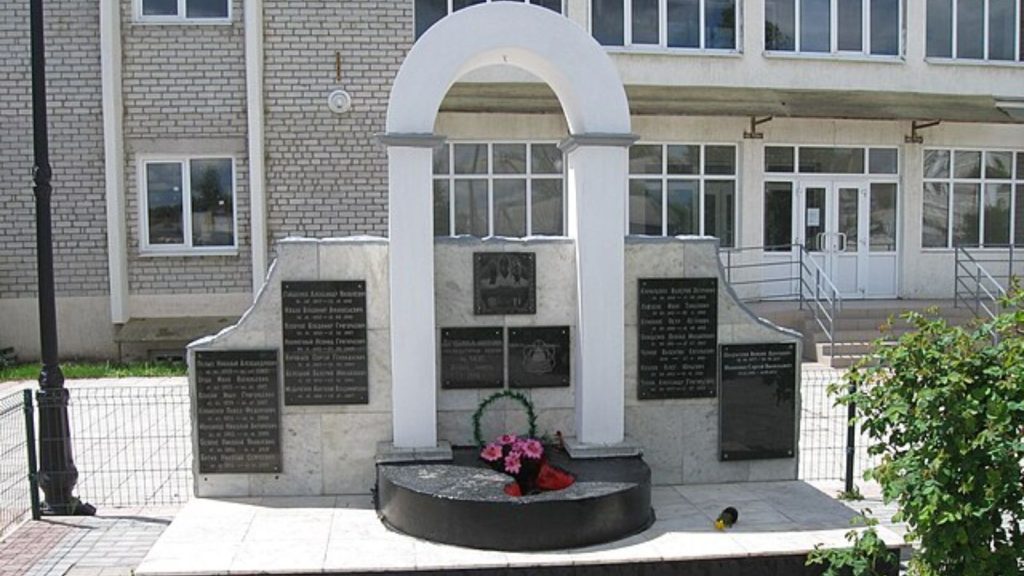
In 1986, the Chernobyl nuclear reactor in Ukraine exploded, releasing deadly radiation and causing long-term environmental damage. The disaster exposed the dangers of nuclear energy and poor oversight. Similar concerns exist today, as aging nuclear plants, geopolitical tensions, and accidents remind us of the risks tied to nuclear power.
13. The Rise of Fascism and Modern Authoritarianism
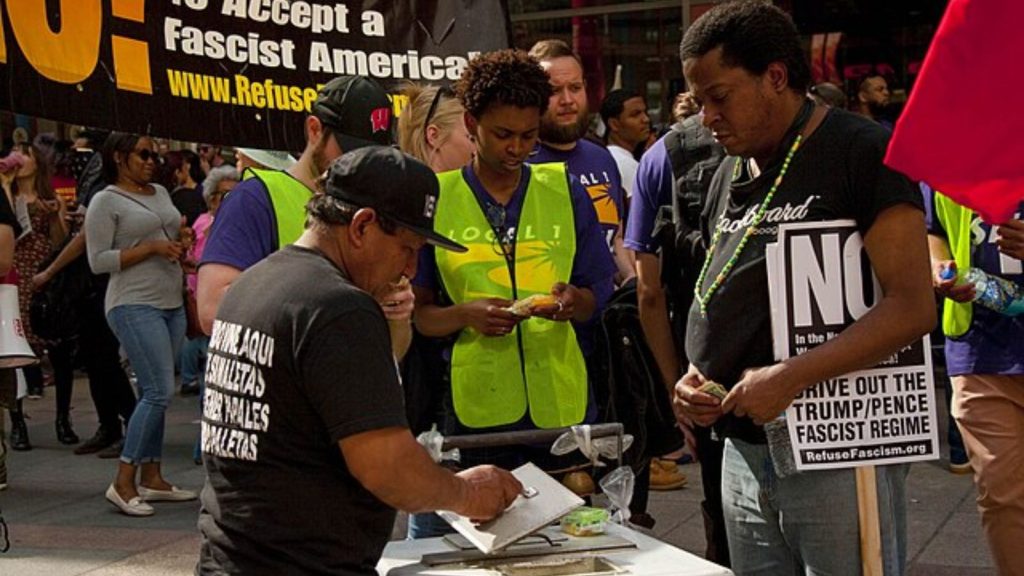
The rise of fascist regimes in the early 20th century, particularly in Germany and Italy, led to some of the darkest chapters in modern history. Today, there are concerns about the resurgence of authoritarianism in various parts of the world, as leaders adopt policies and rhetoric reminiscent of those totalitarian regimes. History warns of the dangers of unchecked power and populism.
14. The 2004 Indian Ocean Tsunami and Natural Disasters
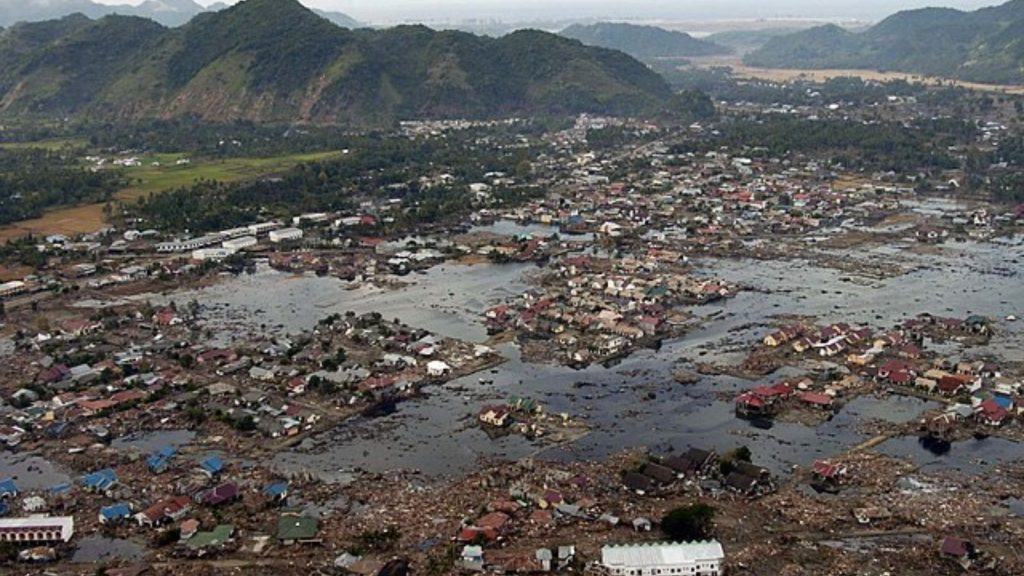
In 2004, the Indian Ocean tsunami claimed over 230,000 lives across multiple countries. This natural disaster, much like recent hurricanes, wildfires, and earthquakes, highlights the vulnerability of human populations to the forces of nature. It also stresses the importance of disaster preparedness and international cooperation in crisis response.
15. The Salem Witch Trials and Modern Misinformation
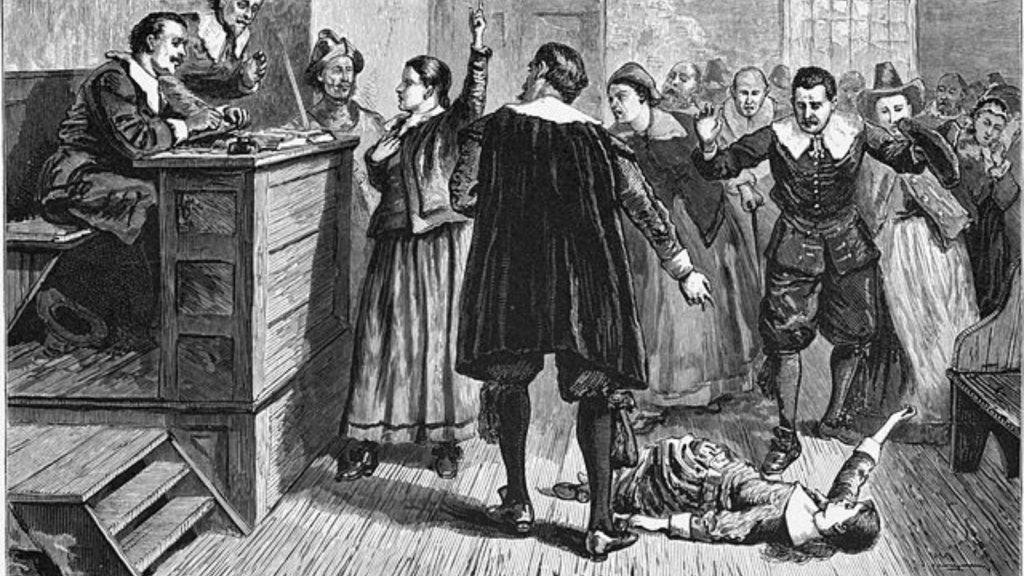
In the late 1600s, the Salem Witch Trials saw people being executed based on fear, superstition, and false accusations. Today, misinformation and conspiracy theories spread quickly through social media, fueling modern “witch hunts” where individuals and groups are scapegoated without evidence. The lesson? The power of fear and misinformation should never be underestimated.
Ellen has been obsessed with logic puzzles, jigsaws, and cryptograms since she was a kid. After learning she was taught how to play chess wrong by a family friend (so they could win), she joined her school chess club and the rest is history.


